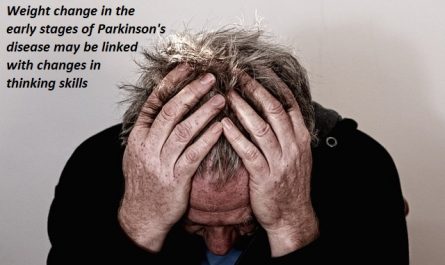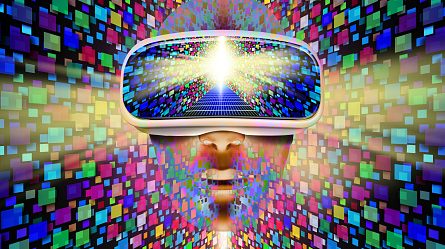Appearance
Appearance refers to the physical characteristics of a person or thing that are visible to the eye. This can include features such as height, weight, hair color, eye color, facial structure, and body shape, as well as clothing, accessories, and overall grooming. Appearance can also refer to the outward presentation or impression that someone or something gives off, such as a confident or approachable demeanor.
Society and appearance
In today’s society, appearance plays a significant role in how people are perceived by others. People have different standards of beauty, and some people strive to meet those standards by improving their appearance. Appearance can be seen as a reflection of a person’s health, lifestyle, and personality. Appearance can play an important role in social interactions and can affect how people perceive and interact with each other. However, it is important to remember that appearance does not define a person’s worth or value, and it is important to focus on inner qualities and character as well.
Importance of Appearance:
Appearance is an important aspect of our lives as it has a significant impact on how others perceive us.
- First impressions and appearance
People tend to form first impressions based on appearance, which can influence how they treat us. A person who appears confident, well-groomed, and put together is often seen as attractive and successful. On the other hand, someone who appears disheveled or unkempt may be perceived as lazy or unprofessional.
- Appearance in relationships.
Appearance can also play a role in our personal relationships. People are often attracted to others based on physical appearance, and physical attraction is an important factor in romantic relationships. Appearance can also affect friendships and social interactions, as people may be drawn to those who they perceive as attractive or well put together.
- Appearance in professional impact.
Appearance can affect our professional lives. In many industries, appearance is an important factor in job interviews and promotions. People who appear professional and put together are often seen as competent and reliable, which can lead to better job opportunities and career advancement.
Appearance and mental health
Appearance and mental health are two important aspects of our overall well-being. Appearance can affect how we feel about ourselves, and how others perceive us, which can in turn impact our mental health.
Appearance and Self-Esteem:
Appearance can play a role in our self-esteem, or how we feel about ourselves. People who are satisfied with their appearance may have higher levels of self-esteem, which can lead to better mental health outcomes. On the other hand, people who are dissatisfied with their appearance may have lower levels of self-esteem, which can contribute to negative mental health outcomes such as depression and anxiety.
Appearance and Body Image:
Body image is the way we perceive our physical appearance. A negative body image can lead to negative mental health outcomes, such as low self-esteem, anxiety, and depression. Social media and advertising can contribute to unrealistic beauty standards and can lead to feelings of inadequacy and self-doubt.
Appearance and Social Anxiety:
Social anxiety is a mental health condition that involves excessive fear or anxiety in social situations. Appearance can play a role in social anxiety, as people with social anxiety may feel self-conscious about their appearance or worry about how others perceive them. This can lead to avoidance of social situations and can negatively impact social relationships.
Appearance and Eating Disorders:
Eating disorders are mental health conditions that involve abnormal eating habits and a preoccupation with weight and body shape. Appearance can be a significant factor in the development of eating disorders, as people may feel pressure to conform to unrealistic beauty standards. Eating disorders can have serious physical and mental health consequences and require professional treatment.
Improving Appearance and Mental Health:
Improving appearance can have positive effects on mental health, but it is important to do so in a healthy and balanced way. Improving appearance can be a personal choice, and there are many ways to do so. Maintaining good hygiene, such as showering regularly, brushing teeth, and wearing clean clothes, is a good starting point. Dressing appropriately for different occasions can also help improve appearance. For example, wearing formal attire to job interviews or important meetings can convey a professional image.
Focusing on healthy habits such as regular exercise, a balanced diet, and proper hygiene can contribute to improved appearance and mental health. Seeking support from friends, family, or a mental health professional can also be beneficial for those struggling with negative body image, social anxiety, or eating disorders.
Conclusion:
Appearance is an important aspect of our lives, and it can have a significant impact on how we are perceived by others. Improving appearance can lead to increased confidence and better opportunities in personal and professional relationships. However, it is important to prioritize healthy behaviors and not place too much emphasis on appearance. Inner qualities such as kindness, intelligence, and empathy are also important, and should be valued just as much as physical appearance. It is important to prioritize healthy habits and mental health. By doing so, we can improve our overall well-being and lead happier, healthier lives.




